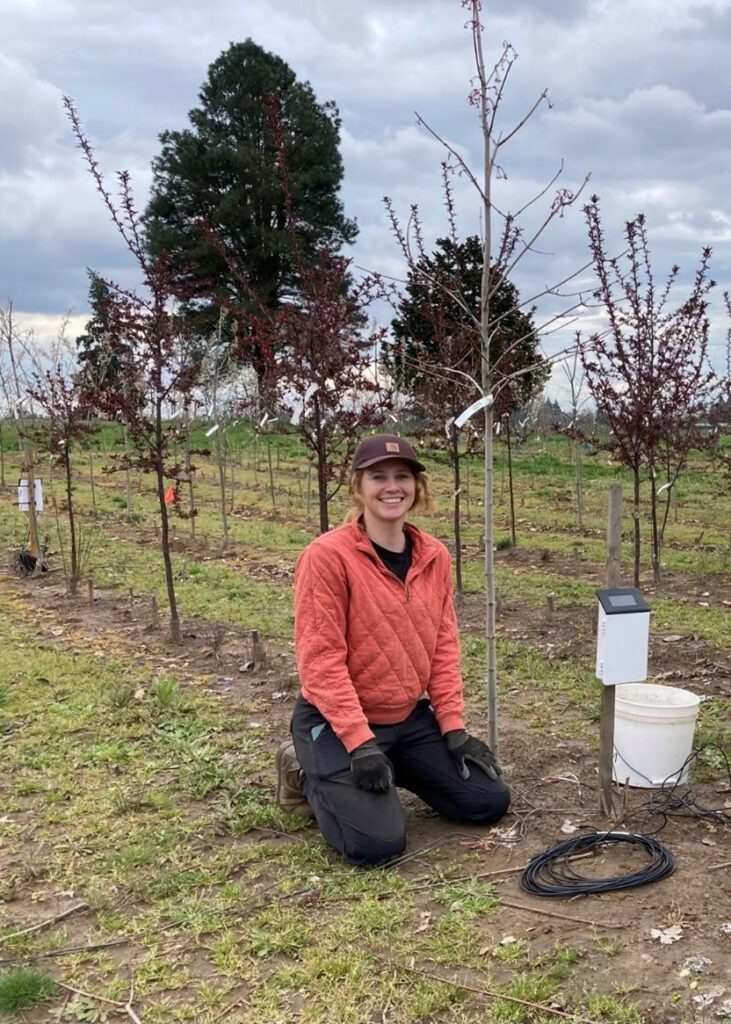I was born and raised in Southern Oregon (Central Point, OR). I grew up with a family that spent a lot of time outdoors, and almost always around water. White water rafting, crabbing trips, skiing, surf lessons, and sailing was how I spent most weekends and summers. Not much has changed. I have always been a tinkerer and love being creative, solving problems and building. My up bringing, laced with unintentional physics lessons, paired with a love for math and science led me to pursue a degree in Mechanical Engineering at Oregon State University.
During undergrad, my path of study provided me with many unique and exciting opportunities. My favorite of which was studying abroad at the University of New South Wales in Sydney, Australia. This was such an incredible experience that widened my world view and got me passionate about international travel. I then got involved in the OSU chapter of Engineers Without Borders, and in my last year of undergrad I traveled to rural Cambodia on an assessment trip to plan out the design for a water distribution and filtration system for a small village. It was a powerful and transformative experience, as I was able to see the complexity and challenges of water resource issues globally. We learned a lot from the community and local NGOs about project management, engineering in low-resource environments, and the challenges associated with regulating a common-pool resource like water. Ultimately, it was during this experience that I realized I wanted to be in a profession where I could contribute to solving global environmental problems, which led to my M.S. in Water Resource Engineering with a research focus on precision agriculture from the University of Idaho.
Now, as an FRA in the Nackley Lab working on sensor-controlled irrigation techniques, I am lucky to have found a niche career path that combines engineering and environmentalism. I investigate and develop automatic irrigation systems that use real-time feedback from plants, soil or weather (or a combination thereof) to control irrigation and conserve resources. My favorite thing about working in agricultural research and extension is the great potential for impact. At the extension level, we are at the very important nexus of academic research and on-farm adoption. Working closely with growers to develop pertinent research questions, and having growers anticipate our experimental results gives our work tangible purpose and keeps things exciting.



